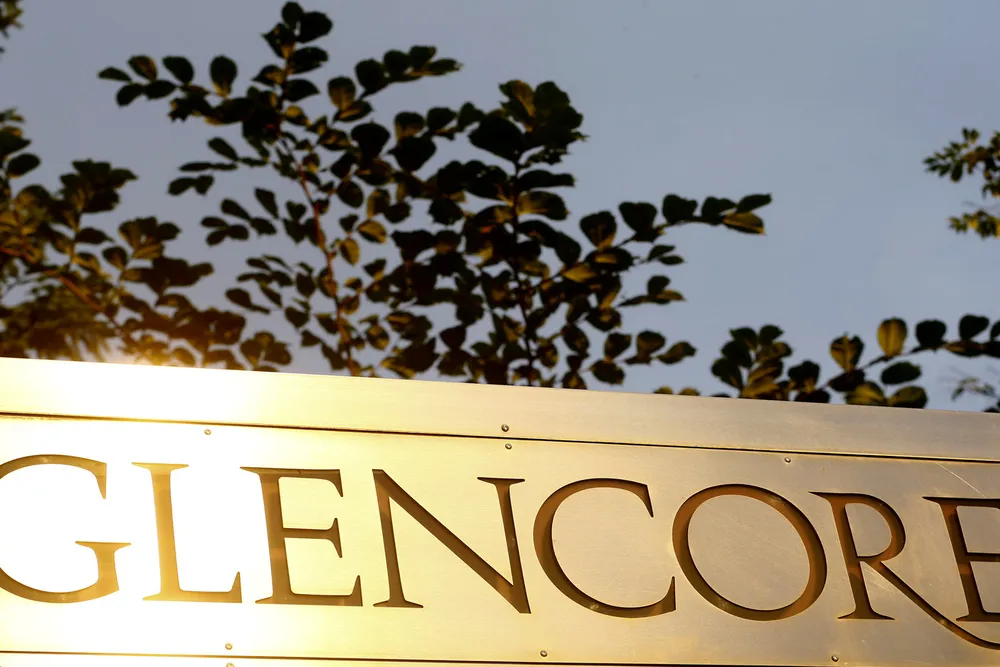‘A highly corrosive offence’: UK court orders Glencore to pay $320m in Africa oil bribes case
Natural resources giant earlier this year agreed to pay $1.1 billion in a similar US settlement

Natural resources giant earlier this year agreed to pay $1.1 billion in a similar US settlement
